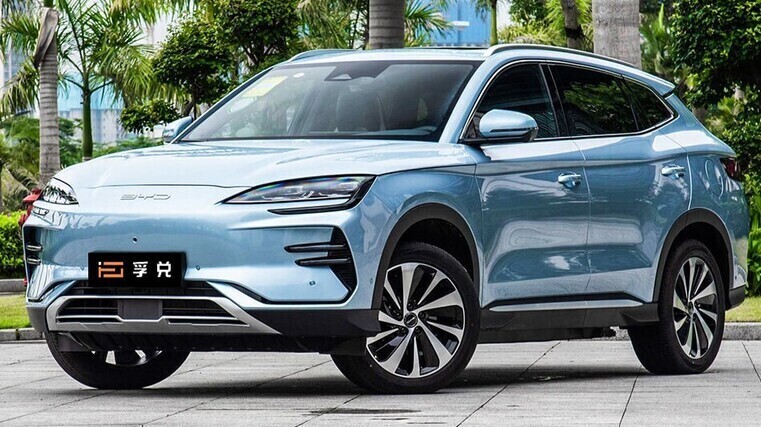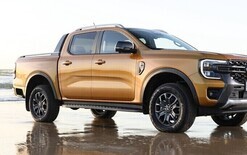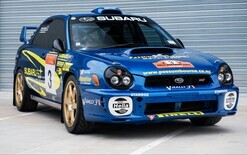War of electric words

BYD has warned the EU’s proposed tariffs on Chinese-made electric vehicles (EVs) will raise prices and deter consumers.
The issue came to the fore at Paris Car Show this week where European and Chinese carmakers are going head to head.
Europe’s biggest automotive event comes with the industry struggling with the likes of growing competition, weak demand and increasing costs.
“Europe’s EV market needs more positive education and trust is low,” says Stella Li, BYD’s executive vice-president. “The problem is the high price and that the European Union now charges tariffs.
“Who pays the bill? Consumers, so this makes people very concerned. It will stop poorer people from buying.” She adds tariffs proposed for BYD models are “not a fair judgement”.
Nine Chinese brands, including BYD and Leapmotor, are unveiling their latest models in Paris. That’s the same as in 2022 when they made up almost half the brands present.
This year, they will only account for about one-fifth of the marques attending thanks to a much stronger showing from Europe’s automotive industry, which could well be a sign of its determination to defend its home turf.
Earlier in October, EU member states narrowly backed import duties on Chinese-made EVs of up to 45 per cent.
They are meant to counter what the European Commission says are unfair subsidies from Beijing to Chinese manufacturers, but the government there denies unfair competition and has threatened counter-measures.
While Chinese carmakers have criticised the EU’s move, they are driving forward with European expansion plans and, so far, none has said it will raise prices to cover the duties.
European ambitions
China’s GAC told Reuters the show marks the launch of its European ambitions, while Leapmotor aims to have 500 points of sale in Europe by the end of next year.
Chinese EV makers, such as BYD, have so far priced their vehicles slightly below their European rivals to give them an advantage. That will also help offset lower margins at home.
BYD, which already sells EVs across much of Europe and sponsored this year’s European football championship, still has relatively low brand recognition and will hope to make a splash with the electric Sea Lion 07 SUV it’s launching.
Newer Chinese entrants, like Dongfeng, Seres and FAW, will also be showing off new models as they seek overseas EV sales to offset a weak home market and a price war there.
China’s passenger vehicle sales rose 4.3 per cent in September compared to a year ago, ending five months of decline with a boost from a government subsidy to encourage trade-ins as part of a broader stimulus package. Europe’s sales hit a three-year low in August.
In another blow for the EV market, the French government last week announced it would reduce its support for buyers of electric cars. It joins Germany, which ended its subsidy scheme in late 2023.
Chinese automakers also need to do well in Europe because they have been shut out of the US market.
The Biden administration has imposed a 100 per cent tariff on Chinese-made EVs, and last month proposed banning key Chinese software and hardware in connected vehicles.
Europe’s carmakers have hit a rough patch with Volkswagen, Mercedes-Benz and BMW issuing profit warnings largely because of the weak Chinese market.
Stellantis has slashed its earnings forecast because of inventory problems at its American business. Carlos Tavares, chief executive officer, has declined to rule out job cuts or offloading brands in a challenging market.
Volkswagen is locked in a battle with powerful unions over cost-cutting that could see it close German factories for the first time and shed thousands of jobs.
Some European marques are struggling to compete with Chinese rivals’ lower costs and their ability to develop new EVs in just two years. That’s at least twice as fast as traditional western carmakers.





